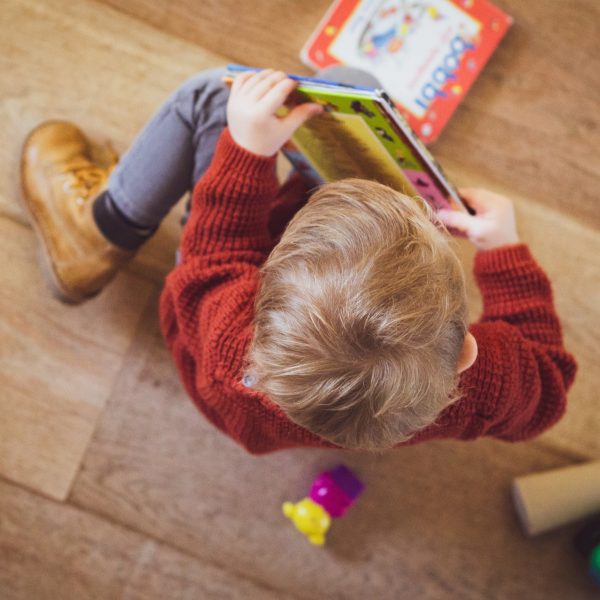Children as young as 6yo with self esteem issues arising from personal values

New research from Edith Cowan University (ECU) has explored the connection between children’s personal values and how these in turn affect their self esteem and self worth.
While previous research has confirmed that personal values affect decisions in life as adults, and consequently self-worth, there are few studies that have looked at how these personal values affect children’s self-esteem, particularly in middle childhood.
Led by Dr Trish Collins, an Early Childhood Studies Lecturer at ECU, the researchers surveyed 722 children between the ages of six and 12 years of age to assess what values they held and how those values impacted children’s opinions of themselves.
“Over the years very little has been documented on how children’s values are associated with important aspects of wellbeing, such as self-esteem,” Dr Collins said.
To assess their values, the children from schools across Perth were shown animated images that reflected different personal values.
A number of animated values – such as wealth and power, or kindness to others – were shown to the children, along with visual imaging which supported the value.
For example, children were shown the statement “I want to be rich and powerful” with an image of a child surrounded by money. In another was a person giving shoes to a homeless person, to illustrate giving to those in need.
“To help determine which personal values are more important and which values are not important to each child they selected the image depicting what they are the most like, and then the image that depicts what they are the least like, from sets of value animations,” Dr Collins explained.
“The research then assessed overall self-worth, as well as five personal competencies, such as social competence, academic competence, athletic competence, behavioural conduct, and physical appearance.”
Children who prioritised putting themselves before others (known as self-enhancement values) had lower overall self worth, a lower opinion of themselves, a lower opinion of their physical appearance, social competence and behavioural conduct, including those as young as six years of age.
“In contrast, those children who prioritise putting others before themselves had higher overall self-worth,” Dr Collins said.
“These new findings pave the way for all educators to form more understanding that the underlying motivations of children’s personal values often relate to individual children’s prosocial and aggressive behaviours which in turn impacts their self-esteem,”she added.
Popular

Policy
Practice
Provider
Quality
Research
Workforce
Beyond the headlines: celebrating educators and the power of positive relationships in early learning
2025-07-07 10:00:24
by Fiona Alston

Workforce
Policy
Quality
Practice
Provider
Research
ECEC must change now, our children can’t wait for another inquiry
2025-07-02 07:47:14
by Fiona Alston

Workforce
Quality
Practice
Provider
Research
Beyond the finish line: Championing child protection one marathon at a time
2025-07-08 09:15:32
by Fiona Alston













